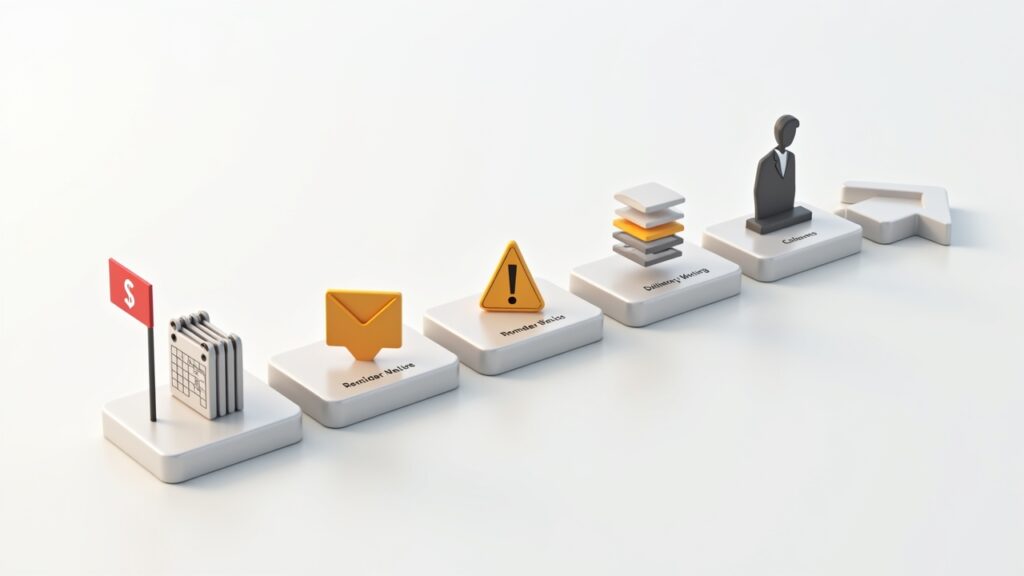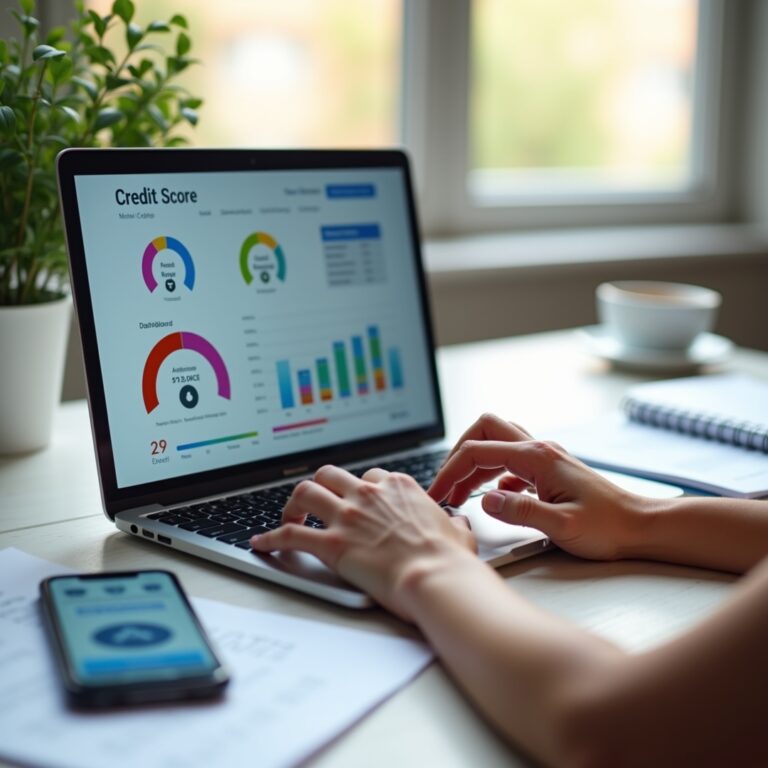Advertisements
Holy moly, did you know that the average American household carries over $6,000 in credit card debt? Furthermore, I’ve been there myself – drowning in those minimum payments that barely touched the principal. Subsequently, I made the terrifying decision to stop paying my credit cards altogether.
Now, before you think I’m advocating for financial irresponsibility, let me explain. Sometimes life throws curveballs that make those monthly payments impossible. Moreover, understanding what actually happens when you stop paying can help you make informed decisions during tough times.
The First 30 Days: When the Phone Starts Ringing

Initially, nothing dramatic happens. Your credit card company might send a friendly reminder email or text. However, once that 30-day mark hits, things change fast.
In my case, the calls started around day 35. First, they were polite – “Hi, we noticed you missed your payment.” Nevertheless, as days passed, the tone shifted. Additionally, they called multiple times daily, sometimes as early as 8 AM!
Here’s what I learned during this phase:
- Document every call and keep records
- You can request they only contact you in writing (thanks to the Fair Debt Collection Practices Act)
- Never admit to owing money you’re not sure about
- Block numbers if necessary for your mental health
Days 60-90: The Consequences Get Real
Honestly, this period was rough. My credit score plummeted faster than a rock in water. Furthermore, late fees and penalty interest rates kicked in, ballooning my balance.
The original $3,000 I owed on one card jumped to nearly $3,500 within two months. Meanwhile, the collection calls intensified. Some days, I’d receive 10-15 calls from different numbers.
During this time, creditors might offer hardship programs. Surprisingly, many people don’t know these exist! These programs can reduce interest rates or create manageable payment plans. However, you gotta ask – they won’t volunteer this information.
After 120 Days: Charge-Off Territory
Eventually, most credit card companies write off your debt as a loss after 120-180 days. But don’t celebrate yet – this charge-off devastates your credit report for seven years. Moreover, they typically sell your debt to collection agencies for pennies on the dollar.
When my accounts were charged off, my credit score had dropped from 720 to below 500. Ouch! Additionally, the original creditors stopped calling, but new collection agencies took their place. These folks can be… persistent.
Important things about charge-offs:
- You still legally owe the money
- The debt can be sold multiple times
- Each state has different statute of limitations on debt collection
- Charge-offs can sometimes be negotiated for less than the full amount
Dealing with Debt Collectors (Without Losing Your Mind)
Subsequently, dealing with collectors became my new reality. Some were reasonable; others were downright nasty. Nevertheless, I discovered several strategies that helped maintain my sanity.
First off, always get everything in writing. Verbal agreements mean nothing in the debt collection world. Furthermore, I learned to negotiate – many collectors will accept 30-50% of the original debt as payment in full.
One collector offered to settle my $4,000 debt for $1,200. However, I needed that agreement in writing before sending a penny. Additionally, I made sure the agreement stated the debt would be marked “paid in full” on my credit report.
Legal Consequences You Need to Know
Here’s where things got scary for me. After about six months of non-payment, one creditor decided to sue. Consequently, I received a court summons – talk about a wake-up call!
Ignoring a lawsuit is the worst thing you can do. The creditor wins by default, and then they can garnish wages or freeze bank accounts. Instead, I responded to the lawsuit and showed up in court. Sometimes, creditors don’t even appear, resulting in case dismissal.
Legal protections vary by state, but generally:
- Creditors must properly serve you with lawsuit papers
- You have 20-30 days to respond
- Some income and assets are protected from garnishment
- Bankruptcy might be an option for overwhelming debt
Your Next Steps Forward

Looking back, stopping credit card payments wasn’t my proudest moment. However, it taught me valuable lessons about debt, negotiation, and financial recovery. Moreover, I eventually settled all my debts and rebuilt my credit.
If you’re considering this path, please explore alternatives first. Contact nonprofit credit counseling agencies, investigate debt management plans, or consult with a bankruptcy attorney. Furthermore, remember that damaged credit affects more than just future loans – it impacts insurance rates, rental applications, and even job prospects.
Most importantly, don’t go through this alone. The stress nearly broke me until I found support through online communities and financial counselors. Additionally, educating yourself about your rights makes a huge difference.
Whatever you decide, make it an informed choice. Understanding the consequences helps you prepare and potentially negotiate better outcomes. For more insights on managing financial challenges and rebuilding your financial life, check out other helpful guides at The Clear Cent. Remember, this too shall pass – I’m living proof that financial recovery is possible!




[…] and credit health? Check out other helpful articles on The Clear Cents where we break down complex financial topics into bite-sized, actionable advice. Because honestly, we all deserve to have our financial stories […]